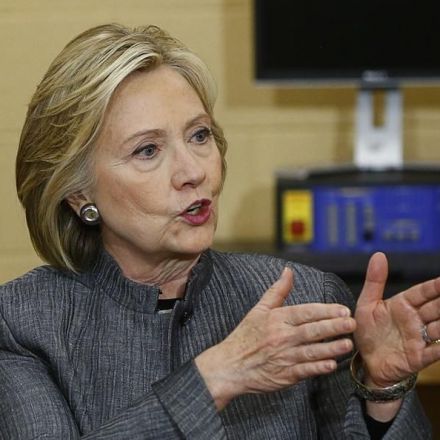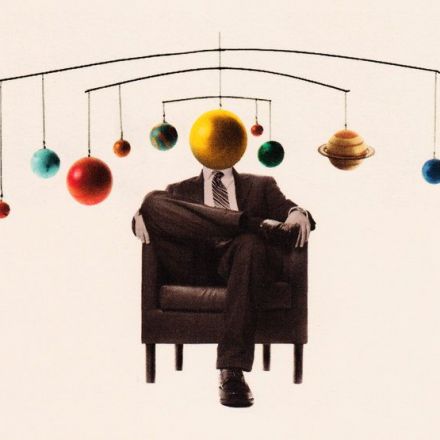

10 years ago
5
Liberals and Wages
Many economists used to think of the labor market as being pretty much like the market for anything else, with the prices of different kinds of labor — that is, wage rates — fully determined by supply and demand. So if wages for many workers have stagnated or declined, it must be because demand for their services is falling.
Continue Reading-
Minimum Wages and Employment: A Case Study of the Fast Food Industry in New Jersey and Pennsylvania
On April 1, 1992 New Jersey's minimum wage increased from $4.25 to $5.05 per hour. To evaluate the impact of the law we surveyed 410 fast food restaurants in New Jersey and Pennsylvania before and after the rise in the minimum.



























Join the Discussion
This is just so obvious I can't believe that economists are just now realizing it. One of the most frustrating things about studying economics are some of the ridiculous assumptions that are made. Yes these assumptions make the math easier and sometimes lead to accurate results, but then they get ingrained as economic orthodoxy and we end up hurting real people.
Economics is a study that relies heavily on models, but they sometimes forget that the models are the map rather than the territory. I find a lot of supply side/Austrian/Chicago/whatever economics do this, divorcing the human element from their economic pronouncements.
Anybody who has worked in retail knows this to be true. I am not a small business owner, but I imagine that they, too, can see the benefit of paying employees more and maintaining a more stable work force. Obviously, some big businesses operate on the same model. I am happy to see that government is beginning to see this as well. There is benefit beyond the bottom line.
It depends, if you're competing on price because your clients are poor, you have no flexibility in price. For someone on food stamps, a ten cent increase in price is a big deal. So if Walmart competes for the money of those who are on such fixed income, they can't raise prices without driving people to Dollar Tree or elsewhere. If raising wages would increase prices in that environment, you're stuck, if there are raises, then the fixed income people move on, but middle class people don't want to go there because they want a more upscale experience. That's where McDonald's is now. They have food too expensive for poor people, but too poor quality for middle class people. Thus their sales are down.
Sure ideally pay well, but you're stuck in the prisoners dilemma. Unless everyone does it, you lose sales on price.
Wal-mart's prices would not be significantly affected by wage increases for their employees (source). Nor would there necessarily need to be an impact on stockholders (source)